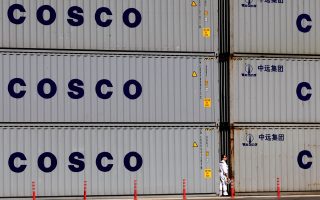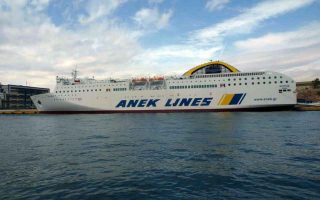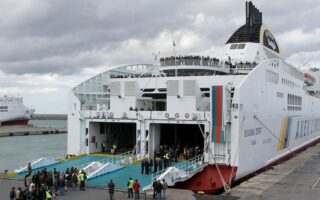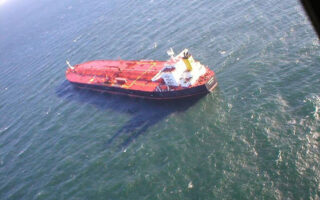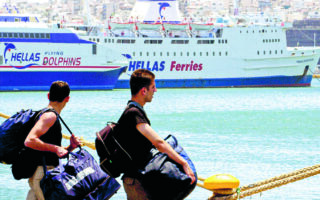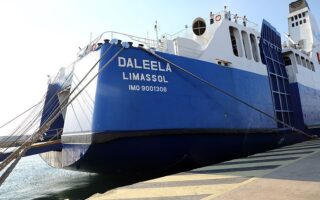Green transition to raise Piraeus Port costs
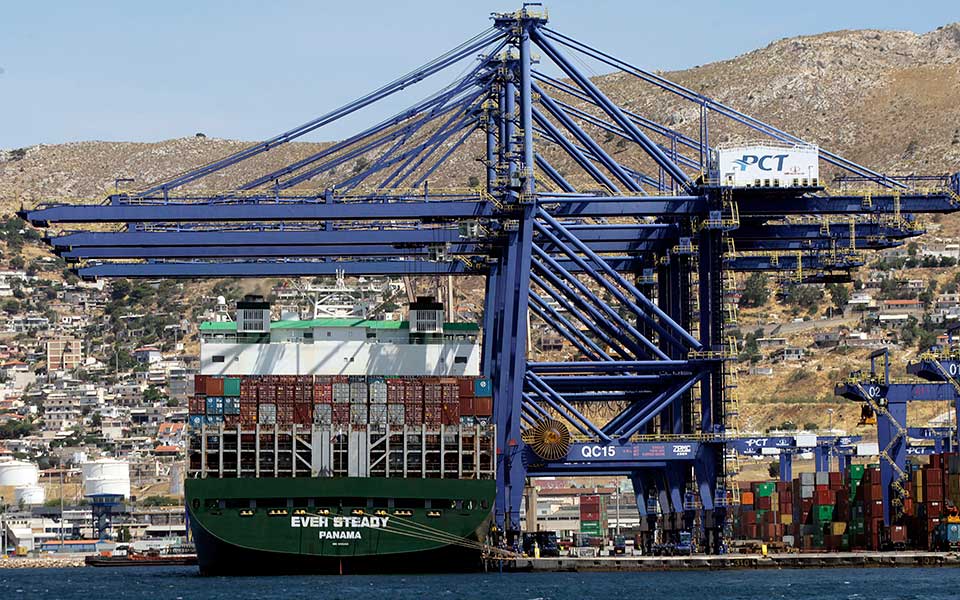
Growth in container traffic at the port of Piraeus has slowed down. The fast pace at which it expanded since Chinese state-owned Cosco Shipping leased two docks in 2009 – before eventually becoming the port’s majority shareholder – appears to be a thing of the past.
Some would attribute this slowdown to the problems the Covid-19 pandemic created in ports across the world as supply chains were disrupted. Indeed, in 2020, container tonnage in Piraeus dropped for the first time under Cosco.
However, a closer look shows that ports in Egypt, Morocco and Turkey have seen expanding traffic. The reason? The European Union’s Emission Trading System (ETS), which will be implemented gradually, starting in 2024. Suppliers using the Asia-Europe and other routes are adapting their schedules in order to avoid the considerable extra cost, which will kick in in January 2024, of purchasing credits to offset their carbon dioxide emissions.
Although a large part of the expense will be borne by charterers, the fact remains that transport costs will increase. The large shipping companies plying the regular routes are looking for alternatives.
“Of course we will have a problem with the introduction of ETS,” a senior Piraeus Port manager tells Kathimerini. However, he remains optimistic that the European Union will understand the danger to trade and will exempt the ports of entry into the European market.
“Also, the good relationships we have developed with the carriers and our attractive prices, to the extent that we can offer them, may partially offset the competitive disadvantage that the ETS system will bring,” the manager adds.
